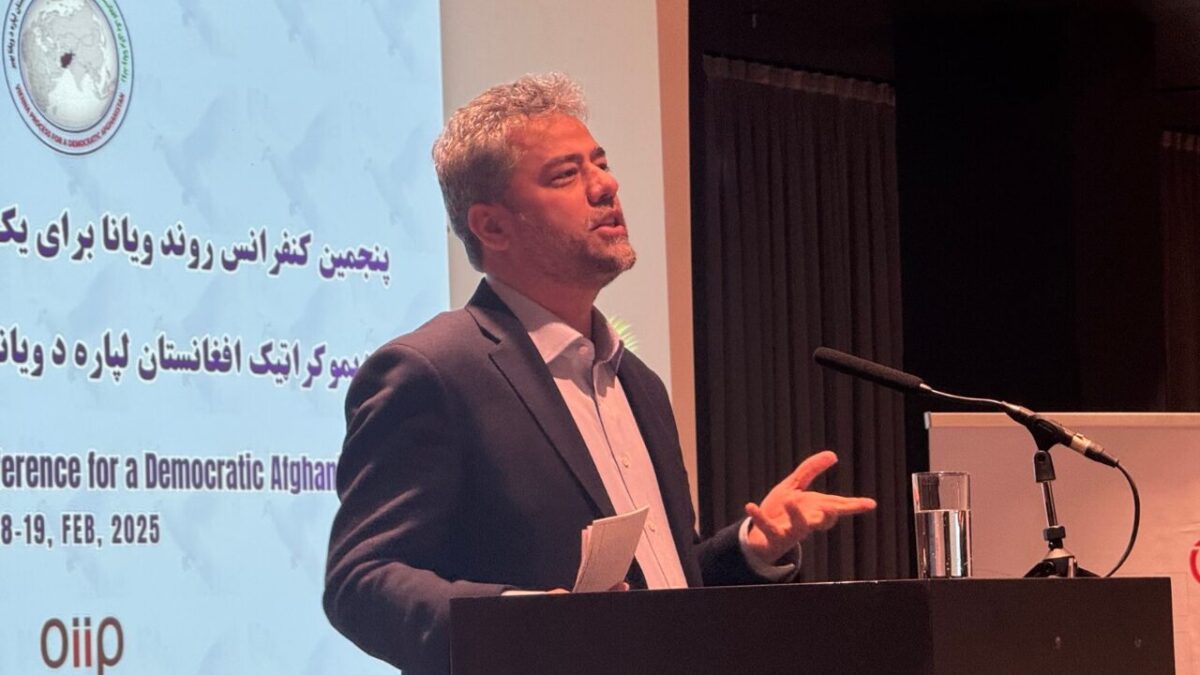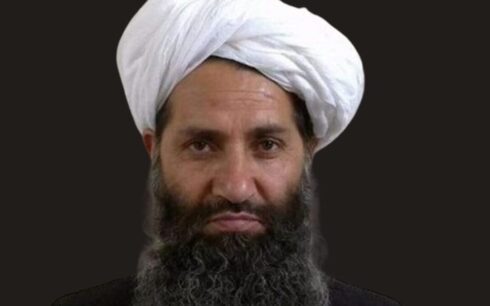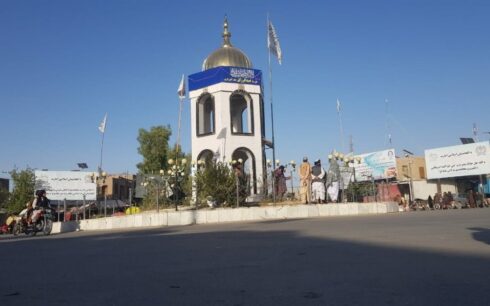Yasin Zia, leader of the Afghanistan Freedom Front, said on Tuesday that his movement is not merely fighting the Taliban but is engaged in a broader counterterrorism mission to eradicate extremism from Afghanistan.
“We are not just fighting the Taliban—we are standing against terrorism. There is no such thing as good or bad terrorism, and this struggle will not end until Afghanistan is free of it,” Zia said at the fifth round of the Vienna Conference on Afghanistan, held in Austria.
Zia emphasized that the Taliban’s rule has allowed terrorist groups to thrive, posing a threat not only to Afghanistan but to regional and global security.
Zia also took aim at the Taliban’s economic interests, suggesting that financial considerations dictate their actions.
“The Taliban rush wherever there is money to be made. One leader runs in one direction, another flies to a different country—all to keep the flow of funds intact,” he said.
At the same conference, Ahmad Massoud, leader of the National Resistance Front (NRF), announced that an inclusive plan for Afghanistan’s future had been finalized.
“We must highlight the plan that we have developed through collaboration and agreement. It is not as if we lack a vision. This is not a program designed for a single individual, group, or ethnicity—it is for the future of Afghanistan,” Massoud said.
Rangin Dadfar Spanta, Afghanistan’s former national security adviser, noted the growing strength of anti-Taliban resistance forces but stressed the need for greater national unity.
“The resistance fronts have gained unprecedented strength through sacrifice, but we must become even more inclusive. The core issue remains the liberation of our people, and that must remain our focus,” Spanta said.
Other speakers pointed to internal divisions within the Taliban, drug trafficking, and dwindling international aid as key factors fueling Afghanistan’s instability.
“The Taliban’s internal conflicts, the drug trade, and declining global assistance are the main drivers of Afghanistan’s instability,” said Khalid Pashtoon, a former member of parliament.
Former parliamentarian Fawzia Koofi added that Taliban infighting over control of resources, mines, and power is intensifying, which could benefit opposition groups.
In a statement, the Vienna Process organizers said that 90 representatives from Afghanistan’s political, military, and civil society groups are attending the two-day conference, which is focused on political alternatives for Afghanistan’s future beyond the Taliban.
A resolution on Afghanistan’s future is expected at the end of the conference.
The fourth round of the Vienna Process, held in July 2024, emphasized continued efforts to establish a legitimate and democratic government in Afghanistan.





